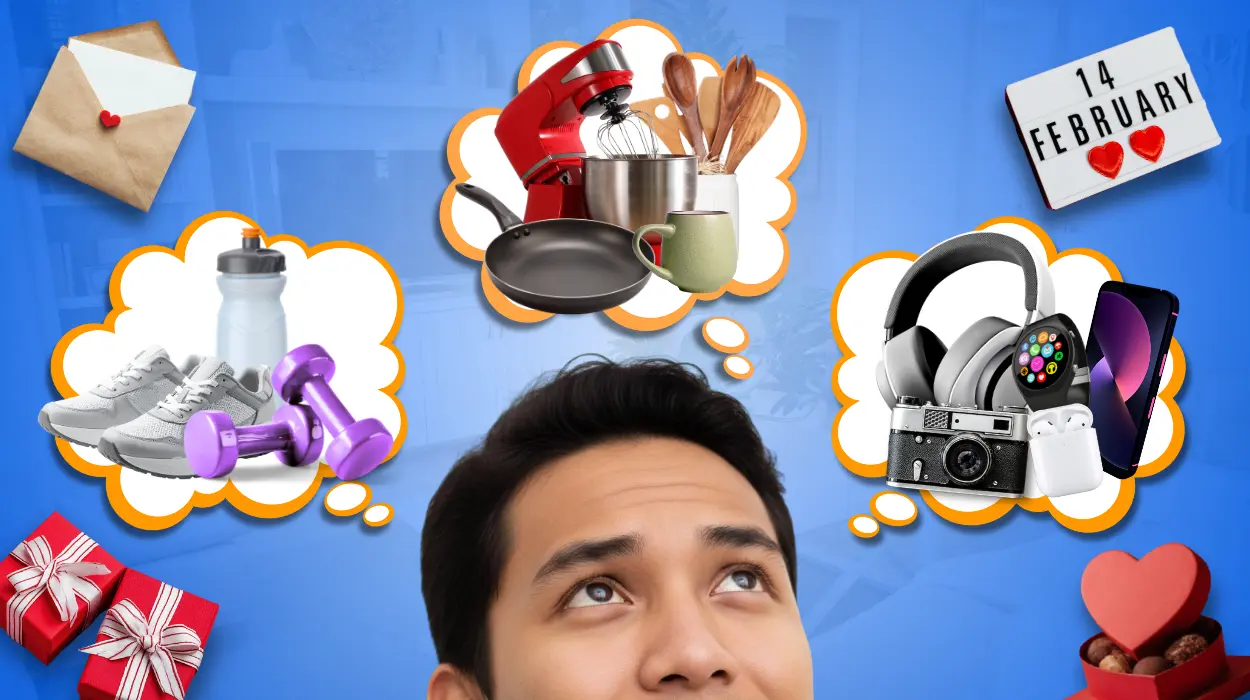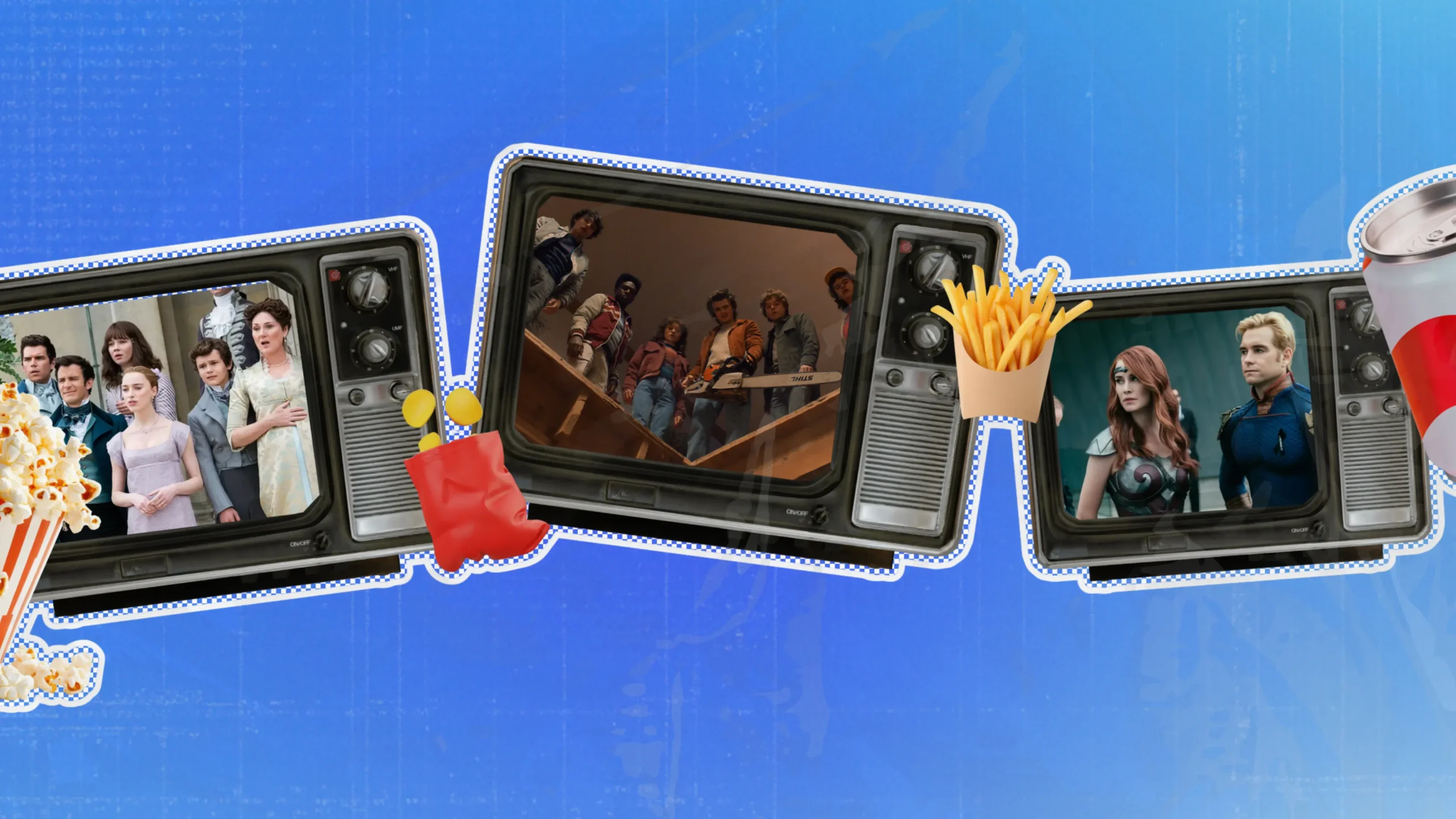We don’t talk enough about mental health support in the Philippines, but lately, something beautiful has started to shift. People are opening up. Families are listening. And the support systems are finally catching up.
Whether you’re struggling right now, supporting someone you love, or just curious about what’s available in your community, this guide breaks down exactly where to find help—and why reaching out is the first step to healing.
Quick Reference List: Mental Health Resources
- For Immediate Crisis Support
- NCMH Crisis Hotline: 1553 or 0917-899-8727 (24/7)
- Hopeline Philippines: 2919 (Globe/TM) or (02) 804-4673 (24/7)
- In Touch Community Services: (02) 893-7603 or 0917-800-1123 (24/7)
- Tawag Paglaum – Centro Bisaya (Cebu): 0939-937-5433 or 0927-654-162
- For Professional Consultation
- For Community-Based Care
- Quezon City Mental Wellness Access Hubs (MWAH): Tuesdays and Thursdays, free screening and medications
- ReINaPan Inter-Local Health Zone (Quezon Province): Psychiatric clinics, telepsychiatry, family support groups
- For Online/Digital Access
- iPsych: Telepsychiatry platform connecting with licensed psychiatrists
- Lusog-Isip App: USAID/DOH mental health app with workbooks, mood tracking, professional referrals
- KaYa App: Free webinars, stress management videos, e-journals
- MindNation, GrayMatters, NowServing, Empath, Mind You, Doctor Anywhere, KonsultaMD: Online consultation platforms
- For Community Support
- For Financial Support
- PhilHealth Outpatient Benefits Package for Mental Health:
- PHP 9,000 annually for general mental health services
- PHP 16,000 annually for specialized services
- Covers ages 10 and above
- PhilHealth Outpatient Benefits Package for Mental Health:
- For Training (If You Want to Help Others)
- Psychological First Aid (PFA) Training
- Mental Health Gap Action Programme (mhGAP)
10 Essential Mental Health Resources Every Filipino Should Know
1. Crisis Hotlines
Sometimes you need to talk to someone right now. Not tomorrow, not next week—right now.
That’s what crisis hotlines are for. They exist because mental health emergencies don’t clock out after business hours, and neither should the people ready to listen.
National Center for Mental Health (NCMH) Crisis Hotline is available 24/7 with trained counselors who have handled everything from suicidal thoughts to severe anxiety attacks. Call 1553 from any landline or 0917-899-8727 (USAP) or 0919-057-1553 from mobile. It’s free. It’s confidential. And nobody judges.
Hopeline Philippines, run by the Natasha Goulbourn Foundation, is another lifeline. Globe/TM users can dial 2919 (toll-free), PLDT users can call (02) 804-4673, and the mobile numbers are 0917-558-4673 or 0918-873-4673. This service has turned thousands of dark nights into moments of connection.
In Touch Community Services has been doing this since 1980. They’ve been through typhoons, pandemics, and personal crises with Filipinos. Call (02) 893-7603 or 0917-800-1123 (Globe) or 0922-893-8944 (Sun) for 24/7 support. Beyond crisis intervention, they also offer professional counseling.
For those in Cebu, Tawag Paglaum – Centro Bisaya provides crisis support at 0939-937-5433 (Smart/Sun) or 0927-654-1629 (Globe/TM).
The beauty of these hotlines is that they understand that sometimes you just need someone to listen. No judgment. No paperwork. Just compassion and a voice on the other end of the line saying, “I hear you. You’re not alone.”
2. Government Hospitals
The National Center for Mental Health (NCMH) in Mandaluyong City is the country’s flagship psychiatric facility—think of it as the main hub for serious mental health care. With 4,200 beds spread across 47 hectares, NCMH provides comprehensive services from crisis intervention to long-term treatment. The facility works with PhilHealth, so if you have health insurance, much of your treatment is covered. Whether you need inpatient care or just an outpatient consultation, NCMH is designed to meet you where you are.
Mariveles Mental Hospital in Bataan serves as the second major psychiatric hospital with 500 beds, bringing specialized care to Luzon residents. There are also 12 satellite hospitals affiliated with NCMH strategically located across the country, ensuring that mental health care isn’t just a Metro Manila luxury.
3. Private Hospitals
For those who prefer private healthcare or need subspecialties, the Philippines has excellent options.
The Medical City operates a 21-bed psychiatric unit with 24/7 trained staff, but what makes them special is their Center for Behavioral Health. This center doesn’t just treat symptoms—it offers comprehensive care from diagnosis through rehabilitation, covering anxiety disorders, mood disorders, psychotic disorders, and substance abuse. They’re the only private hospital in the Philippines offering complete psychiatry subspecialties.
St. Luke’s Medical Center (both Global City and Quezon City) has dedicated psychiatry departments offering addiction counseling, geriatric psychiatry, mood and anxiety clinics, stress management packages, and services for children and adolescents. Whether you’re a teenager struggling with anxiety or a grandparent dealing with dementia, they’ve got specialists for you.
Divine Mercy Psychiatric Facility, established in 2003, focuses on personalized care. They offer psychological consultations, psychiatric consultations, group therapy, couples counseling, family therapy, and inpatient admission. The staff includes board-certified psychiatrists, psychologists, and trained nurses who treat you like a person, not a case number.
4. Community Mental Health Clinics
Not everyone needs a hospital bed. Sometimes you just need a safe place to talk to someone who understands, close to where you live.
Quezon City’s Mental Wellness Access Hubs (MWAH) operate in all six districts and have become a model for community mental health. Open Tuesdays and Thursdays, these hubs offer free screening, counseling, referrals, and medications. That’s right—free psychotropic medications like Sertraline, Escitalopram, and Quetiapine dispensed at your neighborhood health center. No judgment. No insurance needed.
In the provinces, ReINaPan Inter-Local Health Zone (covering Real, Infanta, General Nakar, and Panukulan in Quezon) runs an award-winning community mental health program that includes psychiatric clinics, telepsychiatry services, family support groups, and training for healthcare workers. This is mental health care reaching people where they live and work.
5. PhilHealth Coverage
For the longest time, mental health felt like a luxury only the wealthy could afford. PhilHealth is changing that.
The Outpatient Benefits Package for Mental Health now covers members and dependents aged 10 and above for initial assessments, follow-up consultations, diagnostic tests, and psychosocial support. The package covers depression, psychosis, epilepsy, child and adolescent mental disorders, dementia, and self-harm or suicide risks.
6. Telepsychiatry and Online Consultations
The pandemic proved something important: mental health care can happen over video call.
iPsych connects you with licensed psychiatrists remotely through video consultations. Perfect if you’re in a remote area, or if you prefer the privacy of your own home, or if typing in chat feels easier than face-to-face conversation.
Platforms like MindNation, GrayMatters, NowServing, Empath, Mind You, Doctor Anywhere, and KonsultaMD all offer online mental health consultations with licensed professionals. Many include psychological assessments, therapy sessions, mood tracking, journaling features—the full toolkit for mental wellness right on your phone.
What’s beautiful about this? Mental health becomes accessible whether you’re in BGC or Batanes, whether it’s noon or midnight, whether you can articulate your feelings perfectly or need time to find the words.
7. Mental Health Apps
Technology doesn’t replace therapy, but it can support it beautifully.
Lusog-Isip (“Healthy Minds”), developed by USAID and the Department of Health, is the Philippines’ first official mental health mobile app. Available on Android and iOS, it offers culturally adapted tools including workbooks, audio guides, journaling, mood tracking, self-care reminders, and personal wellness assessments. When self-help tools aren’t enough, the app connects you with professional providers.
KaYa App (Kalinga at Yakap), launched in April 2024 by UP Open University, offers free mental health webinars, stress management videos, creative spaces, and e-journals. It’s designed for university employees and students, but the content is relevant for anyone.
The market is growing. Apps like Saya pair you with Filipino licensed counselors or psychologists. Internationally known apps like Calm, Happify, and Ten Percent Happier are also available. These apps are conversation starters, mood trackers, journaling companions—the friend in your pocket that says, “Your mental health matters.”
8. Advocacy Organizations
You’re not meant to do this alone. There are organizations full of people who get it because they’ve lived through it.
Philippine Mental Health Association (PMHA), founded in 1950, has been fighting for mental health awareness for 75 years. It provides assessment, treatment, and rehabilitation services regardless of your background or ability to pay. They also run Youth Life Enrichment Program (YLEP), training students to become mental health advocates through school clubs like LINK (Lusog Isip ng Kabataan).
MentalHealthPH maintains an updated directory of mental health professionals and facilities while running advocacy campaigns like #UsapTayo and #VoicesOfHope. It’s a resource hub and a community all at once.
Talang Dalisay, a youth-led non-profit founded in 2016, focuses specifically on young Filipinos through education, advocacy, and peer-to-peer support. They emphasize mental health literacy among youth communities because prevention and early intervention save lives.
These organizations get that mental health recovery is strongest with the community.
9. Workplace Mental Health Programs
The Mental Health Act requires all workplaces to develop mental health policies and programs. Translation: your employer should be creating spaces where mental wellness is taken seriously.
Employee Assistance Programs (EAPs) are now standard at forward-thinking companies. DFS Mental Health EAP offers 24/7 services including individual counseling, couples therapy, psychiatric consultations, and wellness programs in multiple languages. HGS Philippines provides 1-to-1 mental health programs covering sleep hygiene, stress management, and nutrition workshops.
What does this mean for you? If you’re working, ask if your company has an EAP. You might already have free professional counseling available as a benefit. Your mental health at work isn’t just personal—it’s tied to your company’s commitment to employee wellbeing.
10. University and School Mental Health Support
Mental health support isn’t just for adults managing depression or anxiety. It’s also about catching struggles early in students.
UP Diliman’s Psychosocial Support Program (PSP) operates through 107 Peer Support Volunteers trained in Psychological First Aid. It’s free online peer counseling that opened to the UP community in May 2020 and has expanded since.
Eastern Visayas State University, Pangasinan State University, and Universidad De Manila all offer face-to-face and online counseling with trained guidance counselors in safe, non-judgmental environments.
For K-12 students, the Department of Education received PHP 210 million in 2024 specifically for mental health programs. Heads Up PH, a program by Unilab Foundation in partnership with DepEd and DOH, implements mental health programs in schools nationwide, including universal preventive interventions, small group discussions, tele-counseling, and peer support.
These initiatives exist because the numbers matter: 1,686 learner deaths by suicide between 2017-2023 shouldn’t be normal. Schools are becoming safer spaces for mental health conversations.
FAQs: Mental Health Resources in the Philippines
What’s the difference between a crisis hotline and therapy?
Crisis hotlines are for acute moments when you’re in distress right now. They provide immediate emotional support and help de-escalate acute mental health situations. A trained counselor will listen, help you identify immediate needs, and connect you to appropriate services.
Therapy, on the other hand, is ongoing work with a licensed professional over weeks or months. It’s structured counseling designed to help you understand patterns, develop coping strategies, and make lasting changes. You need crisis support for tonight. You need therapy for your future.
Is PhilHealth mental health coverage really free?
No, it’s not completely free, but it’s highly subsidized. You may still pay out-of-pocket for any costs exceeding these amounts, depending on the provider and specific services. Check with your local PhilHealth office for exact coverage details in your area.
What’s the difference between a psychologist and a psychiatrist?
Psychiatrists are doctors (MDs or DOs) who can prescribe medication and provide therapy. They often address severe mental health conditions requiring medication management.
Psychologists hold doctoral degrees in psychology but cannot prescribe medication (except in certain circumstances with additional training). They specialize in therapy, psychological testing, and behavioral interventions.
Is it really confidential if I call a crisis hotline?
Yes. Crisis hotlines operate under strict confidentiality rules. They won’t call your family, notify your employer, or file reports (unless you express immediate intent to harm yourself or others, in which case they’re required by law to take appropriate action). The whole point is to create a safe space for you to talk honestly.
What if I can’t afford private psychiatric care?
You have several options. First, check if you have PhilHealth or corporate health insurance—these often cover consultations. Second, visit your local community health center or barangay health station; many have trained health workers who can help. Third, access government psychiatric hospitals like NCMH with significantly lower costs. Fourth, reach out to advocacy organizations like PMHA that provide services regardless of ability to pay. Fifth, try online platforms or mental health apps for more affordable initial consultations.
I think I have depression, but I’m embarrassed to seek help. What do I do?
That embarrassment is real, and you’re not alone in feeling it. Many Filipinos delay treatment for years because of shame. Here’s the reframing: Depression is a medical condition, not a character flaw. Seeking help isn’t a weakness—it’s the strongest thing you can do for yourself.
If face-to-face feels too vulnerable right now, try a crisis hotline, an online platform, or an app. Sometimes talking to a stranger is easier. Once you break that initial barrier, getting ongoing support gets easier. And remember: your mental health affects every part of your life. Getting help isn’t self-indulgent. It’s essential maintenance.
Can I get mental health care for free in the Philippines?
Yes, but the quality and availability varies. Government hospitals like NCMH and provincial psychiatric facilities offer heavily subsidized or free care depending on your income level. Community health centers provide basic mental health support. Crisis hotlines are completely free. PhilHealth covers most costs for consultations.
However, “free” sometimes means limited availability—long wait times, fewer specialist options, and less continuity of care. Many Filipinos use a combination: free crisis support when needed, PhilHealth coverage for regular consultations, and community resources for ongoing support.
What if I want to help someone else with mental health issues?
You can pursue Psychological First Aid training (offered by multiple institutions) to learn how to provide immediate emotional support during crises. You can volunteer with organizations like PMHA or Talang Dalisay. You can support someone you care about by listening without judgment and helping them access resources. You can advocate for mental health awareness in your workplace or community.
Sometimes the most powerful thing you can do is simply show up, listen, and let someone know they’re not alone.
Can I access mental health care anonymously?
Some resources yes, others no. Crisis hotlines are confidential and don’t require your real name. Mental health apps and online platforms can maintain anonymity. However, if you’re seeing a psychiatrist or therapist, especially through PhilHealth or your employer, your information will be on file for medical and insurance purposes.
If anonymity is important for you right now, start with hotlines or apps. As you gain confidence, you can transition to professional care where your identity and information are protected by medical confidentiality laws.
Whether you’re struggling with depression, anxiety, trauma, or just the weight of everyday life, whether you’re helping someone you love, or whether you’re simply curious about your own mental wellness—know this: reaching out isn’t defeat. It’s the first step toward healing.
Your mental health matters. The Philippines is finally starting to prove it believes that too.
If you’re struggling, please reach out. The hardest step is admitting you need help. Everything after that gets easier.
Mental health is a basic human right. Recovery is possible. And seeking support is a sign of strength, not weakness.
M2.0 Communications is a Public Relations Firm that specializes in business, technology, and lifestyle communication. We offer a range of PR services including corporate communications, media relations, social media marketing, influencer marketing, and video production. Learn more about our work on our case studies page.



